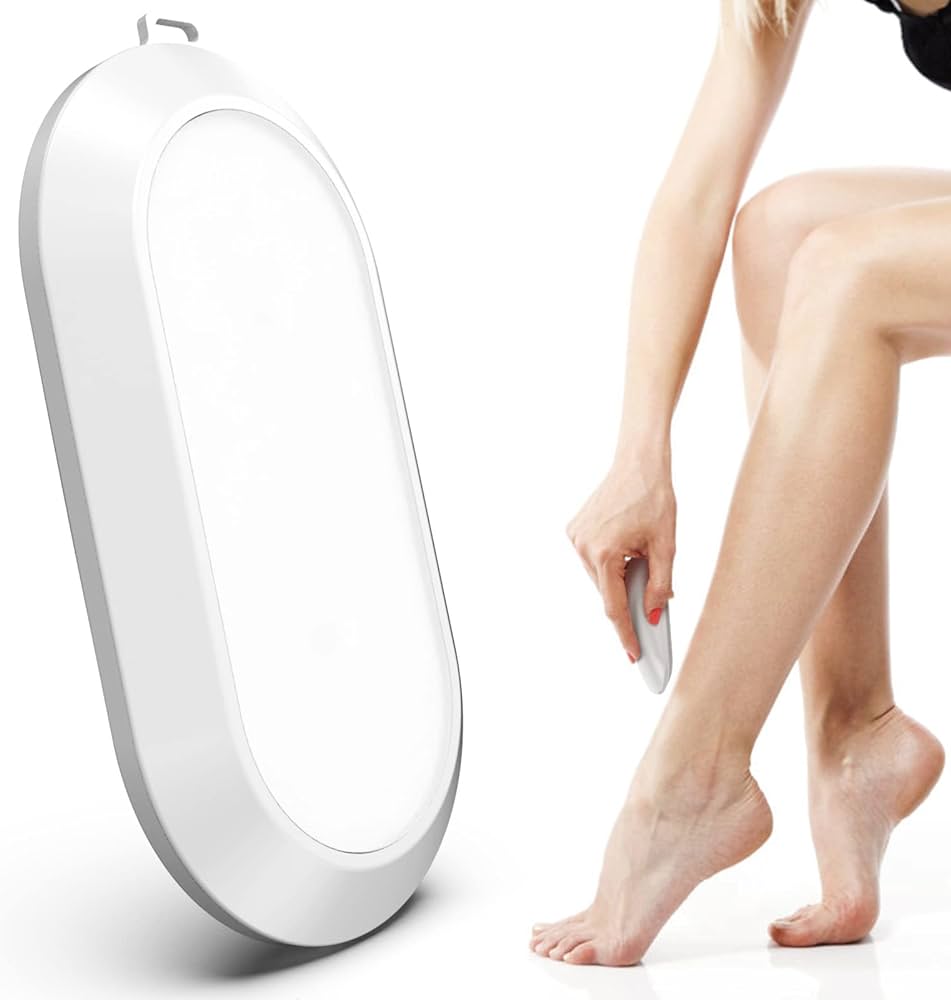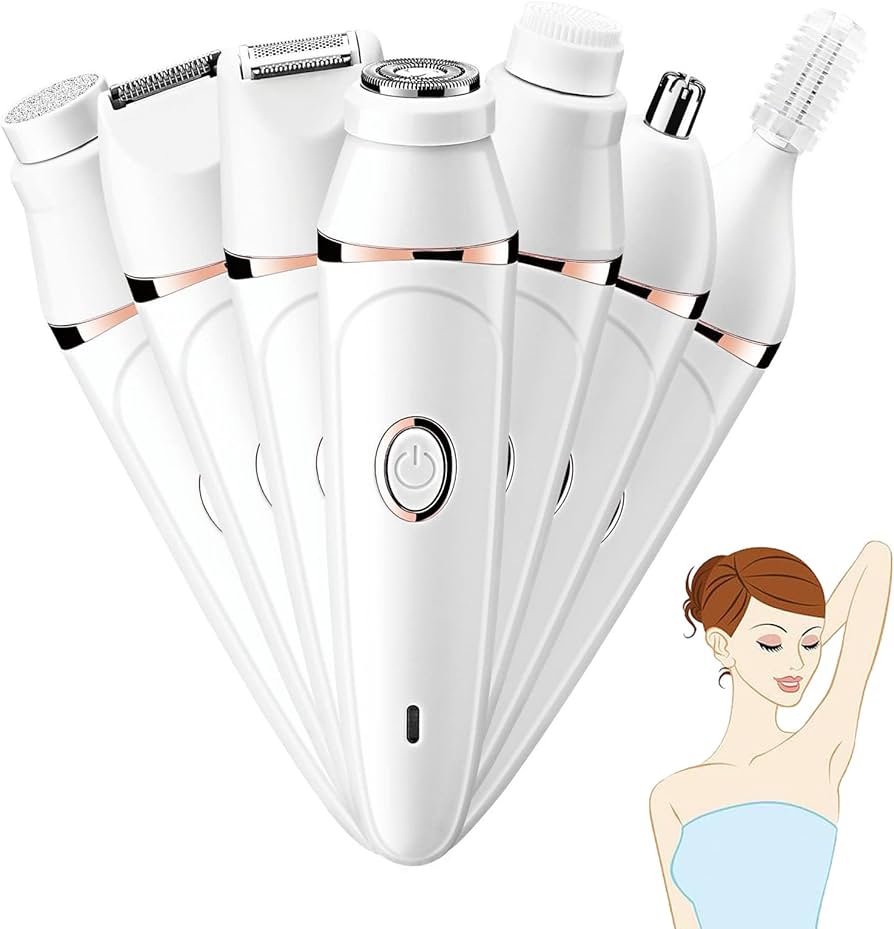Does hair become thinner after epilating?
Introduction
Epilation is a popular method of hair removal that involves removing hair from the root using an epilator. Many individuals wonder whether hair becomes thinner after epilating. In this article, we will explore the effects of epilation on hair thickness, providing specific details and addressing any concerns related to this topic.

Does hair become thinner after epilating?
Understanding Hair Growth
To understand the effects of epilation on hair thickness, it is important to have a basic understanding of how hair grows. Hair growth occurs in cycles, with each hair follicle going through different stages. Here are the key stages of hair growth:
Anagen Phase: During this active growth phase, the hair follicle produces a new hair shaft. The duration of the anagen phase varies for each individual and determines the maximum potential length of the hair.
Catagen Phase: This transitional phase signals the end of active growth. The hair follicle shrinks and detaches from the blood supply, preparing for the next phase.
Telogen Phase: Also known as the resting phase, the hair follicle remains dormant for a few weeks before the hair sheds and a new cycle begins.
Effects of Epilation on Hair Thickness
Epilation, which removes hair from the root, can potentially affect the thickness of regrowing hair. Here are some specific details to consider:
Initial Growth: After epilation, the regrowing hair may appear finer or thinner compared to the previously removed hair. This is because the initial regrowth often consists of hairs in the early anagen phase, which tend to be thinner and less pigmented.
Long-Term Effects: With regular and consistent epilation over time, some individuals may notice that their regrowing hair becomes finer and less noticeable. This is because the repeated removal of hair from the root can gradually weaken the hair follicles, resulting in finer regrowth.
Individual Variation: The effects of epilation on hair thickness can vary among individuals. Factors such as genetics, hormonal influences, and overall health can play a role in determining how hair responds to epilation.
Other Factors Affecting Hair Thickness
While epilation can potentially have an impact on hair thickness, it is important to consider other factors that can influence hair growth and appearance. Here are some additional factors to keep in mind:
Hormonal Factors: Hormonal imbalances or changes in hormone levels can affect hair growth and thickness. Conditions such as polycystic ovary syndrome (PCOS) or certain medications can influence hair density and texture.
Age: Hair thickness can naturally change with age. As individuals get older, hair may become thinner due to hormonal changes, reduced hair follicle activity, or other factors related to the aging process.
Hair Growth Cycle: Hair follicles go through cycles of growth and rest, which can affect the appearance of hair thickness. Not all hair follicles are in the same growth phase simultaneously, leading to variations in hair thickness throughout the scalp or other body areas.
Hair Care Practices: Daily hair care practices, such as frequent heat styling, chemical treatments, or aggressive brushing, can contribute to hair thinning or breakage. It is important to maintain a gentle hair care routine to promote healthy hair growth.
Nutritional Factors: Nutritional deficiencies, such as insufficient protein or vitamin intake, can impact hair health and thickness. A balanced diet rich in essential nutrients can support optimal hair growth.
Conclusion
Epilation, as a method of removing hair from the root, can potentially have an impact on hair thickness. The regrowth of hair after epilation may initially appear finer and less noticeable. Over time, with consistent and regular epilation, some individuals may notice that their regrowing hair becomes finer and less thick. However, it is important to consider that the effects of epilation on hair thickness can vary among individuals due to factors such as genetics, hormonal influences, and overall health.
It is worth noting that other factors, such as hormonal imbalances, aging, hair care practices, and nutrition, can also influence hair thickness. Maintaining a healthy hair care routine, including gentle handling, proper nutrition, and avoiding excessive heat or chemical treatments, can contribute to optimal hair health.
It is important to have realistic expectations regarding the effects of epilation on hair thickness. While epilation can potentially lead to finer regrowth over time, individual results may vary. If you have concerns about hair thickness or noticeable changes in hair growth, it is advisable to consult a healthcare professional or a dermatologist for a comprehensive evaluation and personalized advice.
